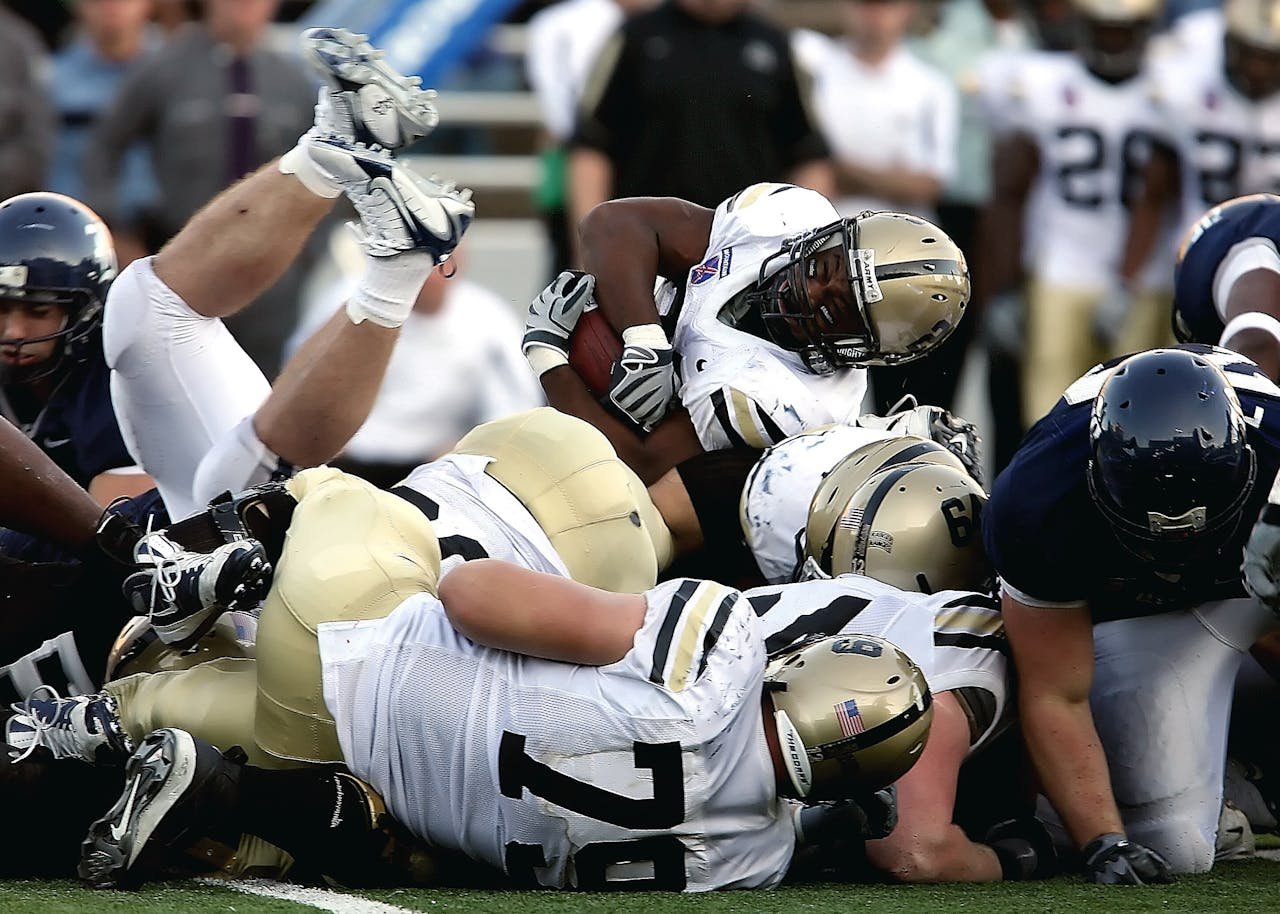
In a landmark decision that could reshape the landscape of college athletics, the National Collegiate Athletic Association (NCAA) and several major college conferences have agreed to a $2.8 billion settlement to resolve antitrust claims. The settlement, announced on May 23, 2024, marks a significant shift in the ongoing debate over student-athlete compensation and the economic structure of college sports.
The class-action lawsuit, which was filed in 2019, alleged that the NCAA and its member conferences violated antitrust laws by limiting the compensation that student-athletes could receive. The plaintiffs argued that these restrictions amounted to an illegal restraint of trade, preventing athletes from benefiting fully from their talents and marketability.
Under the terms of the settlement, which still requires approval from a federal judge, the NCAA and the conferences will establish a $2.8 billion fund to compensate current and former Division I athletes who competed between March 2019 and the date of final approval. The settlement covers football and men’s and women’s basketball players from all Division I schools.
NCAA President Charlie Baker, who has been at the helm of the organization since 2023, stated, “This settlement represents a significant step forward in addressing the concerns of our student-athletes while preserving the core values of collegiate athletics. We believe this agreement strikes a balance between fair compensation and maintaining the amateur status that is fundamental to our mission.”
The settlement comes after years of increasing pressure on the NCAA to reform its policies regarding student-athlete compensation. In 2021, the organization changed its rules to allow athletes to profit from their name, image, and likeness (NIL), but restrictions on direct payments from schools remained in place.
Lead plaintiff attorney Steve Berman expressed satisfaction with the outcome, saying, “This settlement is a victory for the thousands of athletes who have dedicated their time and effort to their sports while pursuing their education. It acknowledges their value and the sacrifices they make for their institutions.”
The settlement will not only provide compensation to affected athletes but also require the NCAA to modify some of its rules regarding athlete benefits. These changes include allowing schools to provide more comprehensive health insurance coverage for athletes and permitting institutions to establish trust funds for athletes’ future benefits.
Critics of the NCAA’s previous policies, including several state legislators who had pushed for laws allowing athlete compensation, welcomed the settlement. California State Senator Nancy Skinner, who authored the state’s groundbreaking Fair Pay to Play Act in 2019, commented, “This settlement is a long-overdue recognition of the rights of student-athletes. It’s a step towards a more equitable system that values the contributions of these young men and women.”
However, some university administrators have expressed concerns about the potential impact of the settlement on athletic department budgets, particularly for smaller schools. John Doe, athletic director at a mid-major Division I university, stated, “While we support fair treatment of our athletes, this settlement could put significant financial strain on many institutions. We’ll need to carefully evaluate how to implement these changes without compromising other athletic programs or academic initiatives.”
The settlement also raises questions about the future of college sports and the amateur model that has long been the foundation of the NCAA’s operations. Sports economists predict that this could lead to further changes in how college athletes are compensated and how athletic programs are structured.
Dr. Jane Smith, a sports economist at a prominent university, noted, “This settlement could be the beginning of a new era in college sports. We may see a shift towards a more professional model, with clearer pathways for athlete compensation and potentially even revenue-sharing arrangements between schools and athletes.”
As the details of the settlement are finalized and implementation plans are developed, stakeholders across the college sports landscape will be watching closely. The impact of this agreement is likely to be felt for years to come, potentially reshaping the relationship between student-athletes, universities, and the governing bodies of collegiate athletics.
The federal judge overseeing the case is expected to review the settlement in the coming months, with a final approval decision anticipated before the end of the year. If approved, the process of identifying eligible athletes and distributing compensation could begin as early as 2025.
This historic settlement marks a significant milestone in the ongoing evolution of college athletics, reflecting changing attitudes towards student-athlete rights and compensation. As the NCAA and its member institutions navigate this new landscape, the world of college sports may be on the brink of its most substantial transformation in decades.




